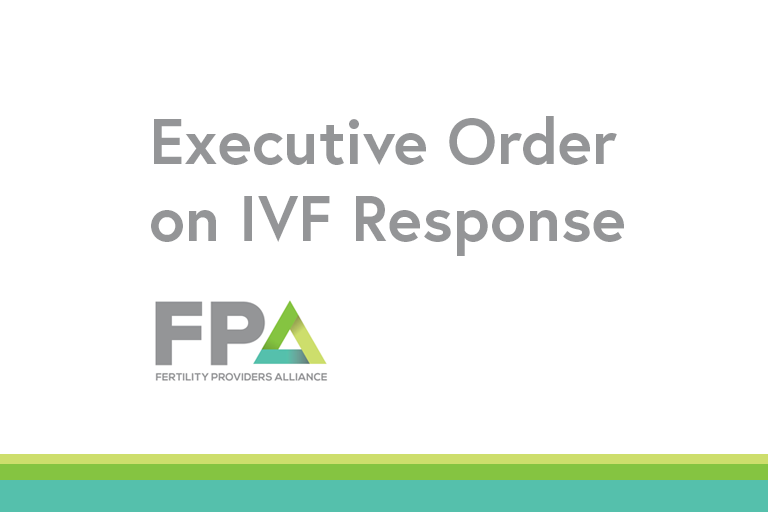Resource Library
Featured Resources
Learn from our experts
Sort by:
Press Release
FPA response to the President’s Executive Order on IVF
Article
FAQs: Freezing Embryos
Patient Story
Jolie & Michael
Patient Story
Home / Resources

Sort by:
Press Release
Article
Patient Story
Patient Story
